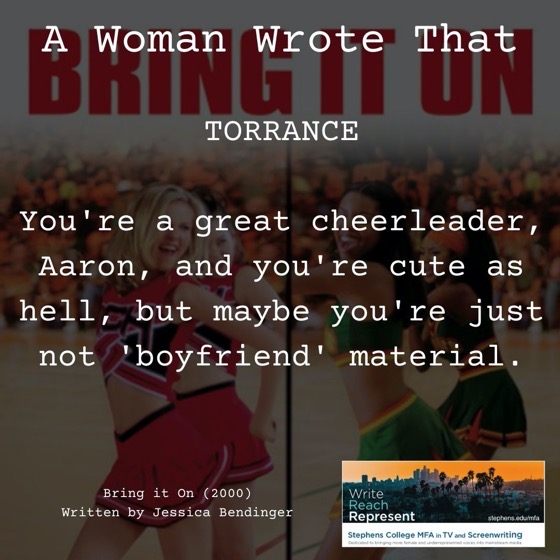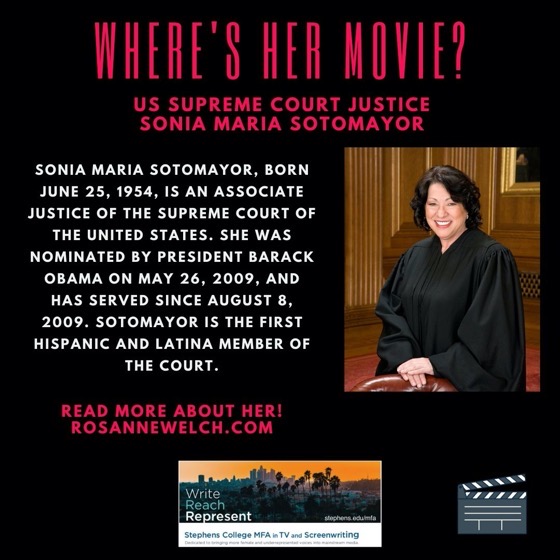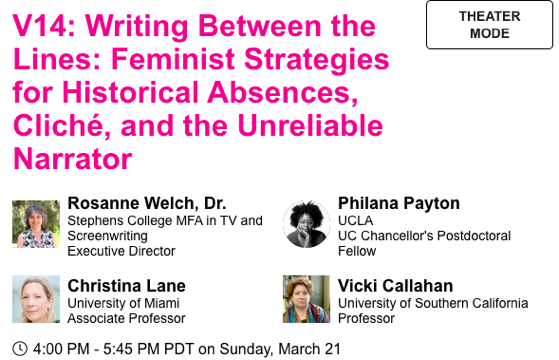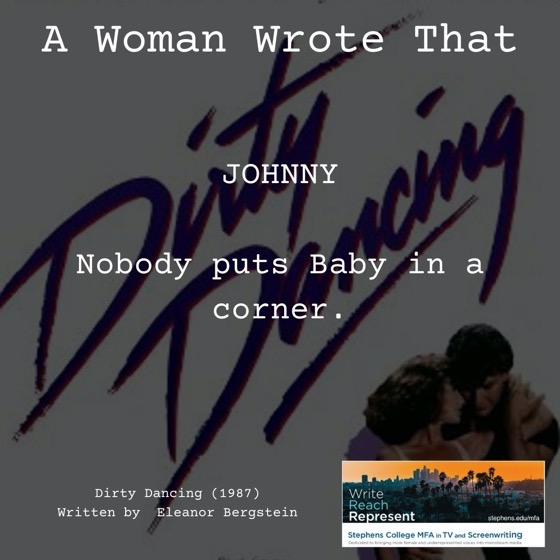Thanks to the gracious invitation from my Screenwriting Research Network colleague Paolo Russo – and a grant he was able to procure (and in the before-Covid time) I was able to spend a week at Oxford Brookes University working with the screenwriting masters students in Paolo’s course. At the culmination of the week, I gave this lecture on how writers rooms worked in the States.
Transcript:
Kenny moved into The Incredible Hulk really the first superhero show on tv that ever survived and then he did “V” which was redone a few years ago and then he did Alien Nation which is where I met him. I worked on that show. So but in all these early drama rooms, there’s something missing. Who’s not in that picture? Audience: Any woman. Thank you. There you go. That’s the problem because most all these stories are being funneled through the minds of guys and you can’t blame a person for writing about what they know and what means something to them. That’s what writers do and that’s why a room wants as much inclusivity as possible right? So we don’t have any girls.
Watch this entire presentation
Subscribe to Rosanne’s Channel and receive notice of each new video!
* A portion of each sale from Amazon.com directly supports our blogs
** Many of these books may be available from your local library. Check it out!
† Available from the LA Public Library
Podcast: Play in new window | Download
Subscribe: RSS
![18 Where Are The Women? from There And Back Again: Writing and Developing for American TV [Video] (40 seconds)](https://rosannewelch.com/wp-content/uploads/2021/04/rmw-oxford-brookes-18.jpg)


![17 The Bionic Woman from There And Back Again: Writing and Developing for American TV [Video] (56 seconds)](https://rosannewelch.com/wp-content/uploads/2021/03/rmw-oxford-brookes-17.png)


![Dr. Rosanne Welch and Intellect Editor James Campbell Talk Stephens College MFA in TV and Screenwriting, The Journal of Screenwriting, and Other Work [Video] (1 hour)](https://rosannewelch.com/wp-content/uploads/2021/01/RMW-Rosanne-Signature-for-Web.png)
![Dr. Rosanne Welch and Intellect Editor James Campbell Talk Stephens College MFA in TV and Screenwriting, The Journal of Screenwriting, and Other Work [Video] (1 hour)](https://rosannewelch.com/wp-content/uploads/2021/03/rmw-intellect-ig-live-20210324.png)

![Dr. Rosanne Welch Presents “When Men Forget Women: The Many Ways Male Screenwriters Fail to Mention their Female Colleagues in Oral Histories” at SCMS 2021 [Video]](https://rosannewelch.com/wp-content/uploads/2021/03/scms-vidoe-title-card.jpg)

![16 Producer, Kenny Johnson from There And Back Again: Writing and Developing for American TV [Video] (51 seconds)](https://rosannewelch.com/wp-content/uploads/2021/03/rmw-oxford-brookes-16.jpg)
